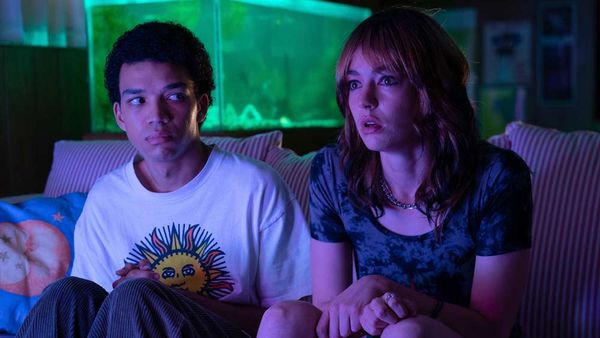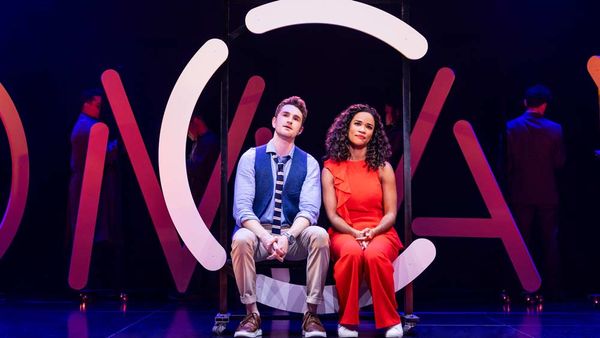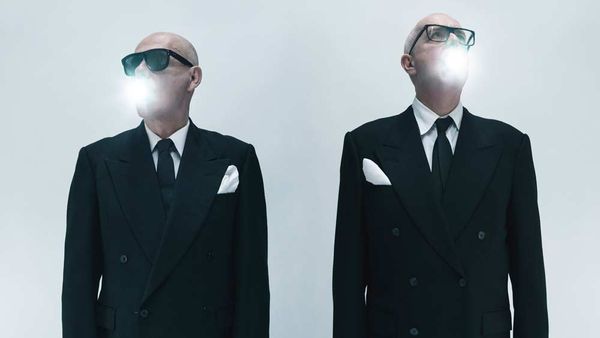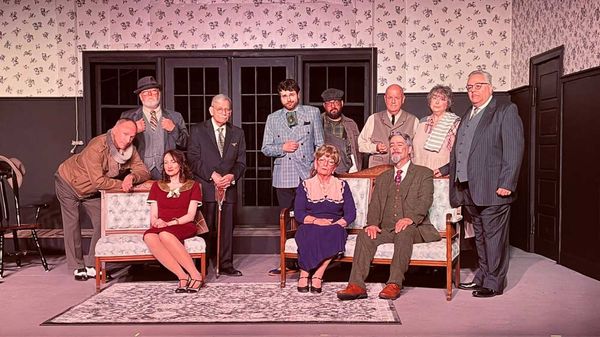October 13, 2011
Gone
Kilian Melloy READ TIME: 3 MIN.
The story of Aeryn Gillern, a gay American who went missing in Vienna on Halloween eve in 2007, has only grown darker and uglier since he vanished. Gillern's mother, Kathy Gilleran, left her home in Cortland, NY, as soon as she learned of his disappearance. (Though Aeryn dropped an "a" from the spelling of the family name, Kathy has kept it.)
Being a retired policewoman herself, Gilleran more or less has had to piece together what little she knows about her son's disappearance, because the Viennese police have been nothing but hostile to her quest to learn what fate befell her son.
From the start, the police offered lies and an ever-changing story about what happened to Aeryn, according to the new documentary, "Gone," that tells the story of the young man's disappearance and his mother's efforts to get to the truth.
Much of the documentary consists of Kathy Gilleran simply recounting, one detail and one exchange at a time, the outrageous treatment she suffered at the hands of the Viennese police. Told that her son has committed "spontaneous suicide" by suddenly rushing out of a gay sauna and leaping into a canal, Gilleran--with no resources other than her own eyes and experience as a highly trained police officer--pokes so many holes in the official account that soon the entire account is rendered highly suspect, with the police themselves seemingly up to no good.
At first, Gilleran believes that the police are simply anti-gay. They don't care about Aeryn because he was gay. His disappearance and probable death do not disturb them. Only the persistence of the American's mother--weeping, questioning, and probing--seems to trouble the police.
But once the frigid disinterest turns into hostility and the police account is shown to be nothing but one outright falsehood after another, Gilleran starts to wonder not whether Austria's spotty history when it comes to minorities offers some perspective, but rather whether the police are actually blocking any meaningful investigation. What, she wonders, are they covering up?
Given that Aeryn was with the U.N., it's certainly possible that he stumbled into something bigger than he could handle. But how he came to flee a gay sauna stark naked, and then vanish on Vienna's streets, is a profound and deeply disturbing mystery. Gilleran recounts paying a visit to the sauna where her son left his clothing behind when he fled into the night, and encountering a man who burst into uncontrollable sobs upon being confronted with her. The only thing she got from the encounter was a bit of cryptic advice--"Your son is gone; it doesn't matter what happened to him"--and two shirts bearing the sauna's name.
Simply watching Gilleran recount her story in a series of interviews evokes the most powerful emotions: rage, sorrow, fear, frustration. The depth and pain of her loss communicates itself effortlessly: This is a grieving mother. Worse, this is a police officer who has come up against a blue wall of silence in which fellow cops have failed to assist one of their own, choosing instead to denigrate her and her son, and impugn her professional capabilities. This movie makes it plain that something is very rotten in Vienna.
Kathy GIlleran has created a web page dedicated to finding the truth behind Aeryn's disappearance. But this documentary does what a web site cannot: Paints a vivid picture of a tragedy shrouded in malevolence, and an injustice so monstrous that despite solid leads or hard evidence, it cries out loud and long for remedy.
Kilian Melloy serves as EDGE Media Network's Associate Arts Editor and Staff Contributor. His professional memberships include the National Lesbian & Gay Journalists Association, the Boston Online Film Critics Association, The Gay and Lesbian Entertainment Critics Association, and the Boston Theater Critics Association's Elliot Norton Awards Committee.







